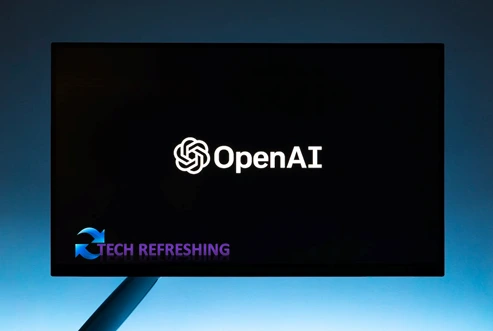
Company pledges to be more transparent about data handling and age verification following accusations of breaching privacy rules.
OpenAI, the San Francisco-based artificial intelligence company backed by Microsoft Corp, has announced measures to address concerns raised by Italy’s data protection agency Garante, following the temporary ban of its chatbot, ChatGPT.
The ban was imposed last week, after Garante launched an investigation into the suspected breach of privacy rules. The regulatory body charged OpenAI with neglecting to verify the age of ChatGPT users and criticized the “lack of any legal justification” for amassing and storing significant amounts of personal data.
OpenAI took ChatGPT offline in Italy in response to the ban. However, the company has now pledged to be more transparent about the handling of user data and age verification. In a video conference attended by CEO Sam Altman on Wednesday, OpenAI promised to send Garante a document outlining the measures it plans to take in response to the agency’s requests.
Garante has stated that it has no intention of halting the development of AI, but emphasized the importance of respecting rules aimed at protecting the personal data of Italian and European citizens. The agency will evaluate OpenAI’s proposals and assess the contents of the letter, which is expected to take several days.
OpenAI has also published a blog post titled “Our approach to AI safety”, which outlines the company’s efforts to develop policies against behavior that represents a genuine risk to people. According to the post, OpenAI utilizes data to enhance its models’ usefulness to users, rather than for selling services, advertising, or creating profiles of individuals.
The company claims that while some of its training data includes personal information that is available on the public internet, it removes personal information where possible, fine-tunes models to reject user prompts asking for such information, and responds to individual requests to delete data from its systems.
The ban imposed by Italy has sparked the interest of other privacy regulatory bodies across Europe, who are currently investigating the necessity of stricter measures for chatbots and deliberating on the prospect of collaborating to implement such measures. Garante prohibited AI chatbot firm Replika from utilizing the personal data of Italian users in February, due to concerns about potential harm to emotionally vulnerable individuals and minors.
In conclusion, OpenAI’s pledge to be more transparent about data handling and age verification is a positive step towards addressing the privacy concerns that led to the ChatGPT ban in Italy. The company’s efforts to develop policies against behavior that represents a genuine risk to people, along with its commitment to responding to individual requests to delete data, should help to alleviate some of the concerns of European privacy regulators.







